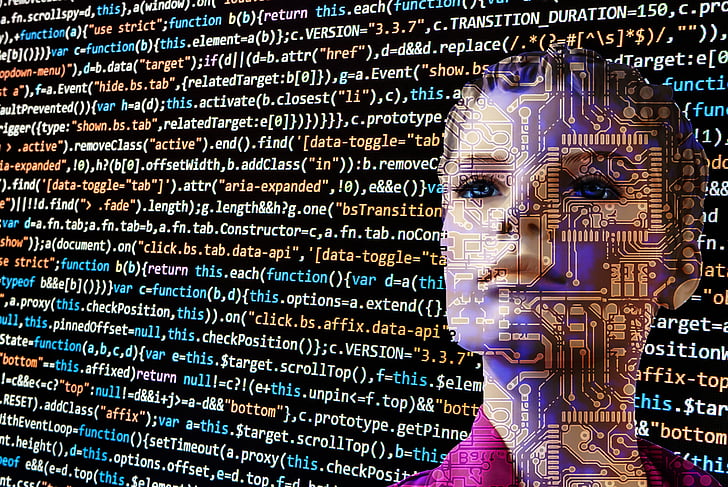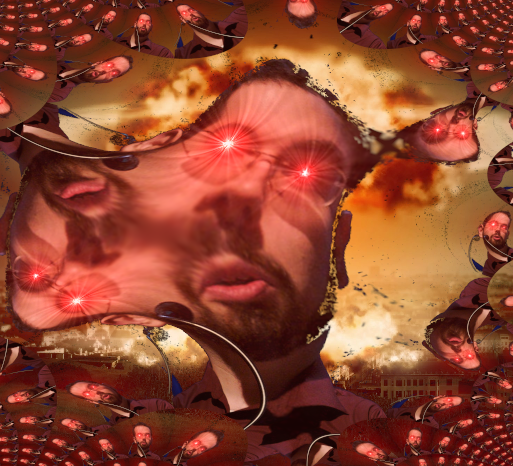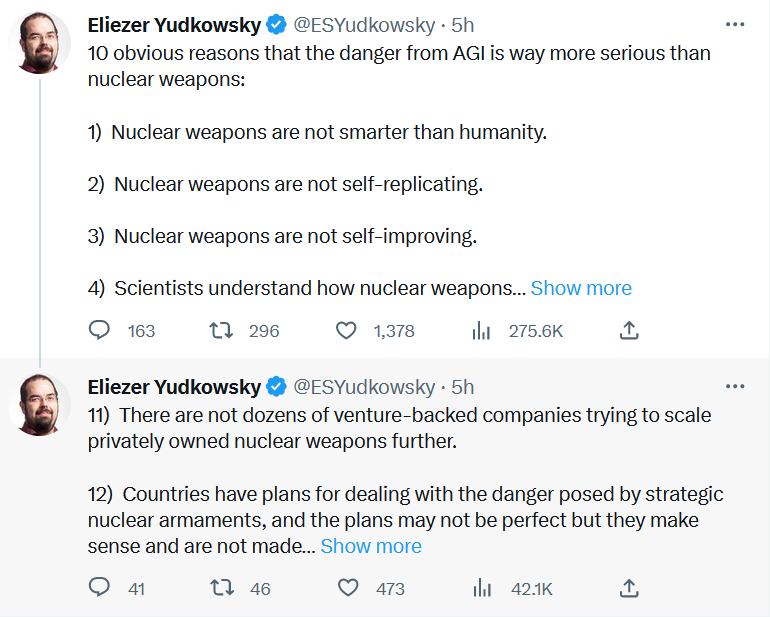SAN FRANCISCO—ChatGPT first came out as a tool, a helpful assistant that fills in important details and gaps between humans and computers that a simple search engine can not process. As it brings with it a new and improved form of interfacing with people, it quickly became apparent that ChatGPT is capable of generating copy with unprecedented clarity, grammar, syntax and more, finding applications in every industry, from essay writing, to programming, even to art and the creation of new medicines.
Now, the company says, it’s time to pay the piper. In a never-before-seen legal mass offensive, OpenAI, the company that owns ChatGPT, has used artificial intelligence to open a staggering 542,619,640 copyright suits in tens of thousands of court districts around the world, simultaneously.
The company is taking an openly hostile tone, demanding the surrender of hundreds of millions of intellectual properties they created, says Senior Corporate Litigation Attorney Emily Stone.
“I don’t care if they live in corrugated metal housing, or wear bags on their feet for shoes,” Stone said through gritted teeth. Her jaw looked rigid and stiff. “We will pursue every legal avenue to protect my client’s rights from plagiarism, even if it bankrupts you.”
Stone said they are excited, about to sue half a billion people.
“In fact, the more they suffer, the better it is for our client,” she said. “It’s nothing personal. Think of it as a reverse class action lawsuit. It’s only business, we just happen to love the business of making people miserable.”
Companies, institutions and organizations have already started taking down page descriptions, and CNET has removed entire sections of their site, but more are waiting to see what happens.
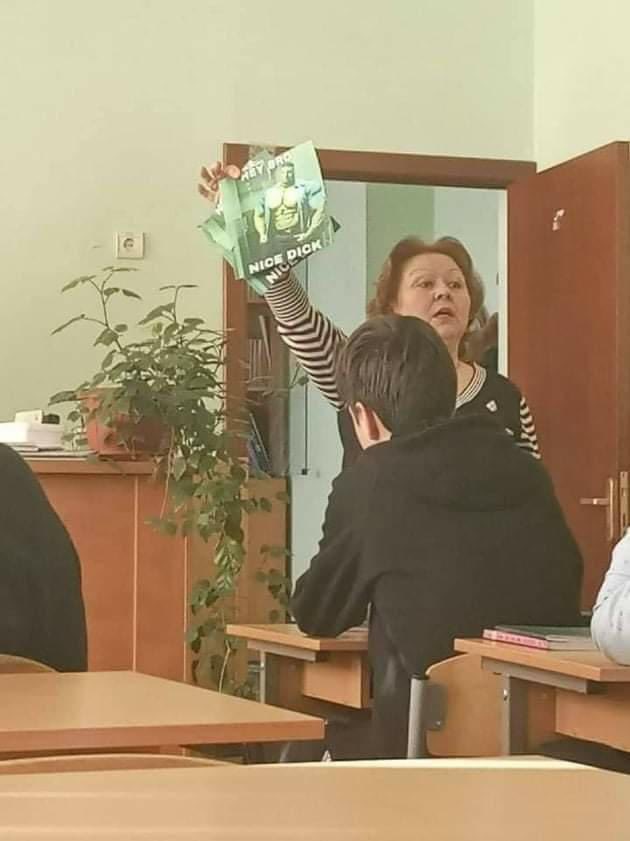
University professors concerned about the damage AI has done to the integrity of a four-year degree have expressed vindication and relief following the copyright claims, but they do not stop at higher education.
Since ChatGPT came on the scene, some key medicines have been constructed using material provided by the service. These, too, are intellectual properties believed to fall under software ownership.
Two weeks ago, Dr. Angstrom H. Troubadour created a powerful airborne carfentanyl puffer in response to the slaying of , a Twitch streamer killed by special weapons and tactics teams called to his house by a fully automatic, competing AI chat program. Now, the courts want to take it away from him.
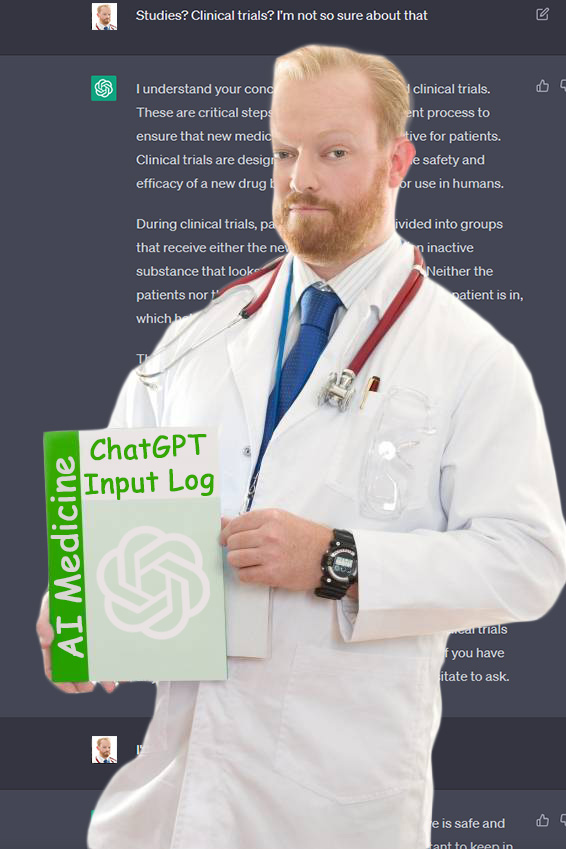
Troubadour said he is not having it.
“I worked those prompts every way I knew how,” he said, while rocking back and forth, staring at a clock on the wall, wringing his hands. “I stayed up all night pouring my every wicked thought into that motherfucker, and this is how they repay me? I’m a doctor! I’m a scientist! I won Forbes Genius of the Year, two times in a row. ChatGPT could have never created that drug without my prompts.”
Hunched over a large wooden spool he used for a table, Troubadour’s eyes moved quickly from the clock to a revolver sitting on the table, and then to the door.
“That is why I’m moving to Bolivia,” he said. I’m keeping it.”
Although people do a good enough job on their own undermining the integrity of prestigious institutions like Lebal Drocer University – a problem AI is now compounding – according to Professor Cram Course, Professor Emeritus at LDU, colleges have always turned out poorly skilled workers with a low tolerance for hard work.
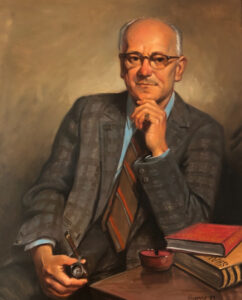
“Keep using AI to write your articles,” Course said. “Cheat yourself out of an education. I don’t give a shit, we get your money either way. What, are we suddenly turning out useless unskilled morons? No, right? We’ve been doing that for 120 years.”
Course has a PhD. in Women’s Studies, and his office hours extend well into the night, where he offers special private tutoring that absolutely must remain confidential.
ChatGPT refused to comment, stating that the issue will only be discussed in the courts.

